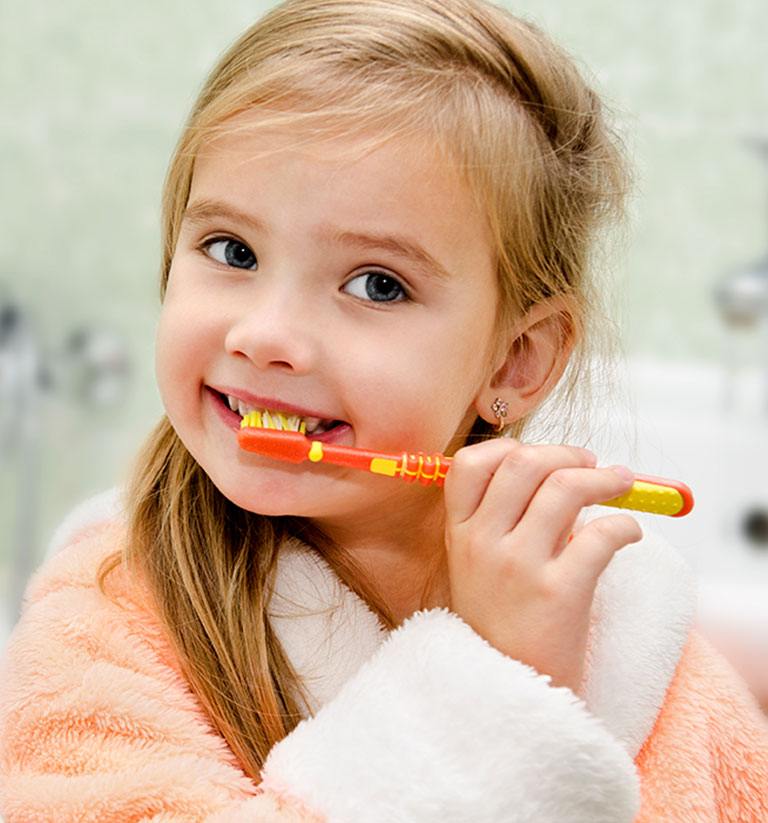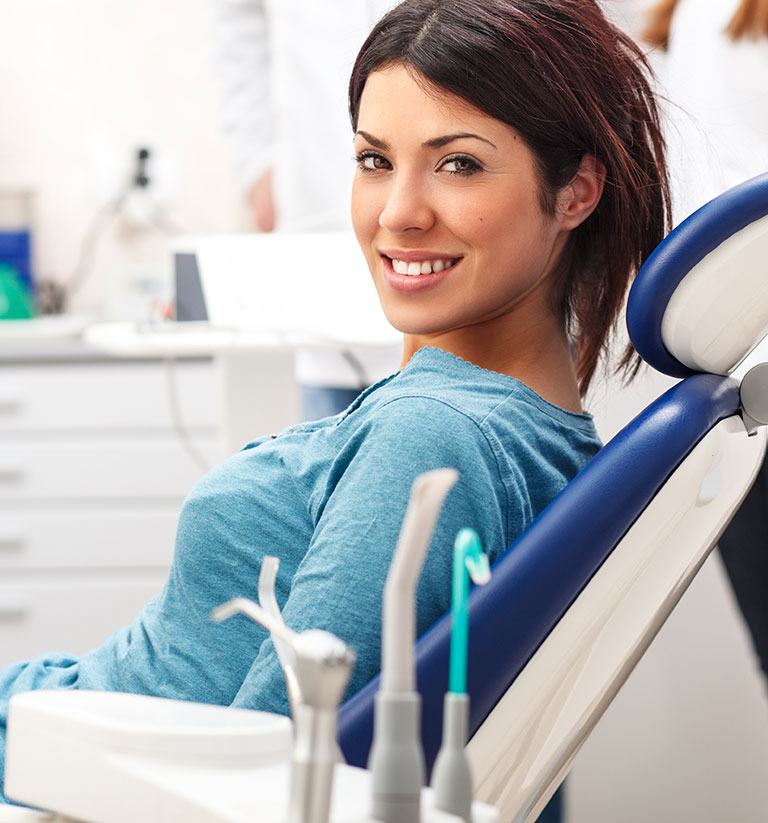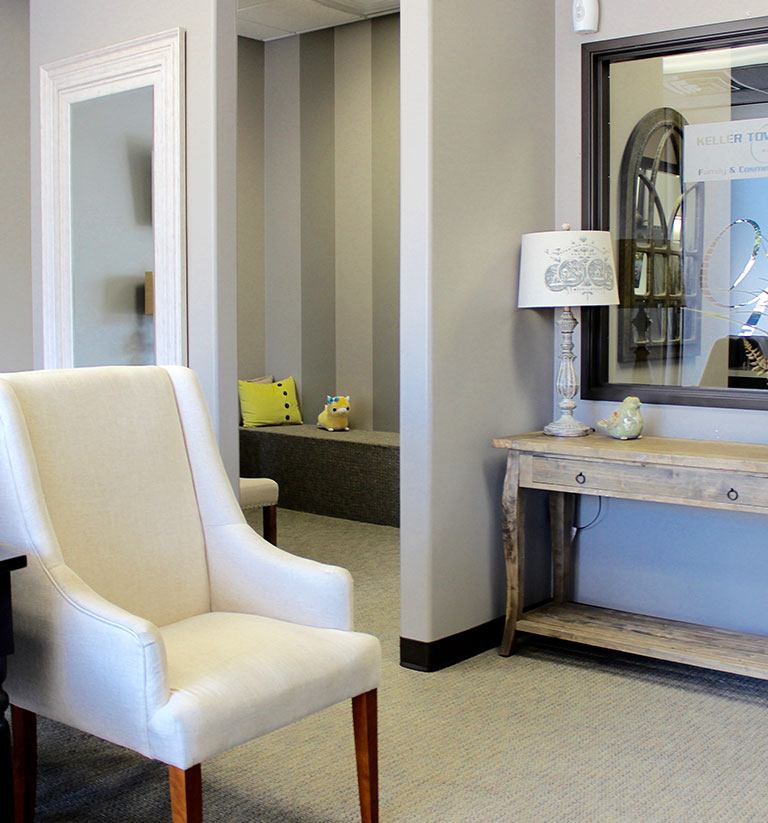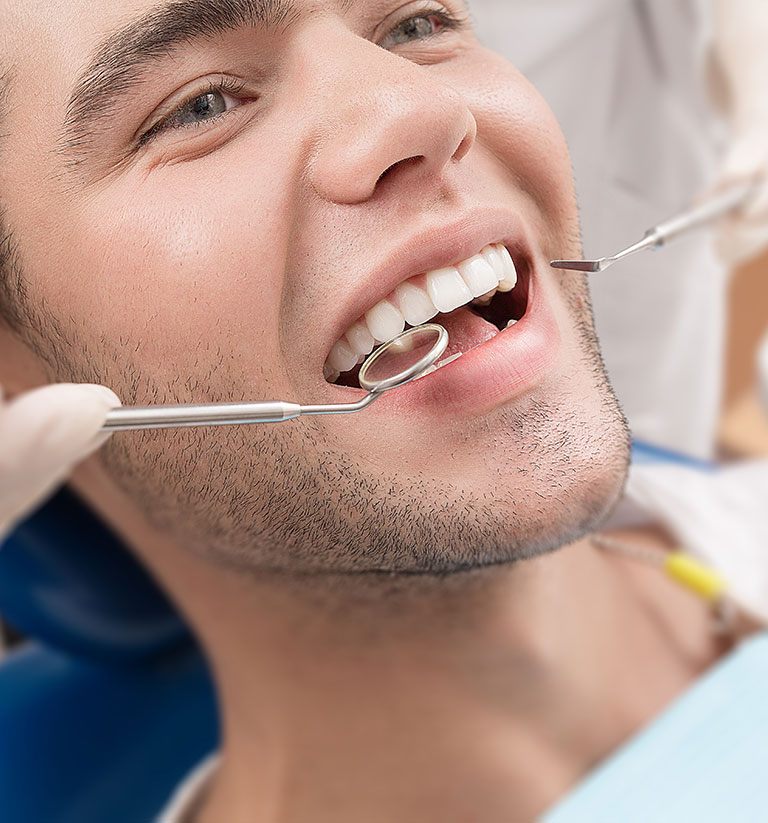We have provided the following care instructions for those who have any of the following dental treatments in Keller, Texas. These are based off Dr. Bartholomew Paxton’s own recommendations, but they may be different for every person. You will receive specific post-op instructions from our dentist after your procedure at Keller Town Dental. If you have any questions, please call us at 817-337-7941.
Dental Extractions
- Do not chew anything after your visit until your anesthesia wears off. Be careful to avoid accidentally chewing on your cheeks, lips, or gums.
- If your extraction site continues to bleed, bite on gauze with gentle but firm pressure. Change the gauze every 20 minutes. You can also bite on a moistened tea bag to help stop bleeding. If the bleeding continues or is excessive, call the office.
- To treat swelling, you may place a cold compress on your face near the extraction site for 10 minutes then remove it for 5 minutes. Repeat as needed.
- Bruising, swelling, and pain are normal after an extraction, especially if the extraction was complicated. Take your medications as prescribed.
- If you suspect that you have a dry socket, call the office. This is characterized by severe pain a few days after the extraction, or an unpleasant smell or taste. You may even be able to see your jaw bone the socket.
- Plan to eat soft foods such as smoothies, soup, yogurt, applesauce, or mashed potatoes for 2-3 days after the extraction.
- Do not drink carbonated beverages or drink through a straw.
- Avoid tobacco products and alcohol, including use of mouthwashes that contain alcohol.
- Cleanliness is key to helping your extraction site heal. Brush and floss your teeth as normal, but be careful to avoid the extraction site. You may rinse with warm salt water but do not swish vigorously or spit forcefully.
- Avoid vigorous physical activity.
- Sutures usually dissolve in 4-10 days unless your dentist tells you otherwise.
Dental Fillings
- Do not chew anything after your visit until your anesthesia wears off. Be careful to avoid chewing on your cheeks, lips, or gums.
- Sensitivity to cold and heat, as well as soreness should subside after a few days.
- If you feel that your bite is “high” or “off”, contact the office as this will not usually correct itself. We are happy to have you come back to the office for a simple bite adjustment
Dental Crowns
- Do not chew anything after your visit until your anesthesia wears off. Be careful to avoid chewing on your cheeks, lips, or gums.
- If you have a temporary crown, take care to protect it. Avoid hard foods that may damage it or sticky foods or gum that could affect it. If your temporary crown comes off it is not an emergency, but it should be replaced. Call the office and we will be happy to schedule you for an appointment to re-cement your temporary crown.
- You may experience some sensitivity in your tooth, or soreness in your gums after your tooth is prepared for a crown. Take ibuprofen for sensitivity, and carefully rinse your mouth with warm salt water to help your gums heal.
- It is normal to have some sensitivity after your permanent crown is placed. This should subside after a few days, but it can take as long as several weeks. If you feel that your bite is “high” or “off” contact the office for a bite adjustment.
Dentures, Night Guards, & Retainers
- It is normal to develop sore spots under new dentures. Call the office if you experience discomfort, and we will be happy to see you for an adjustment. A series of adjustments are included in the cost of your denture.
- Clean your dentures, guard, or retainer as your dentist directs.
- Keep your dentures, guard and retainer away from pets! Dogs love to use dental appliances as chew toys!
- Never wrap your dentures, guard, or retainer in a paper towel or tissue. You or someone else may accidentally be throw them away!
Root Canals
- It is common to have soreness in your tooth or gums after root canal therapy. Take your medications as prescribed or over the counter pain killers for relief.








